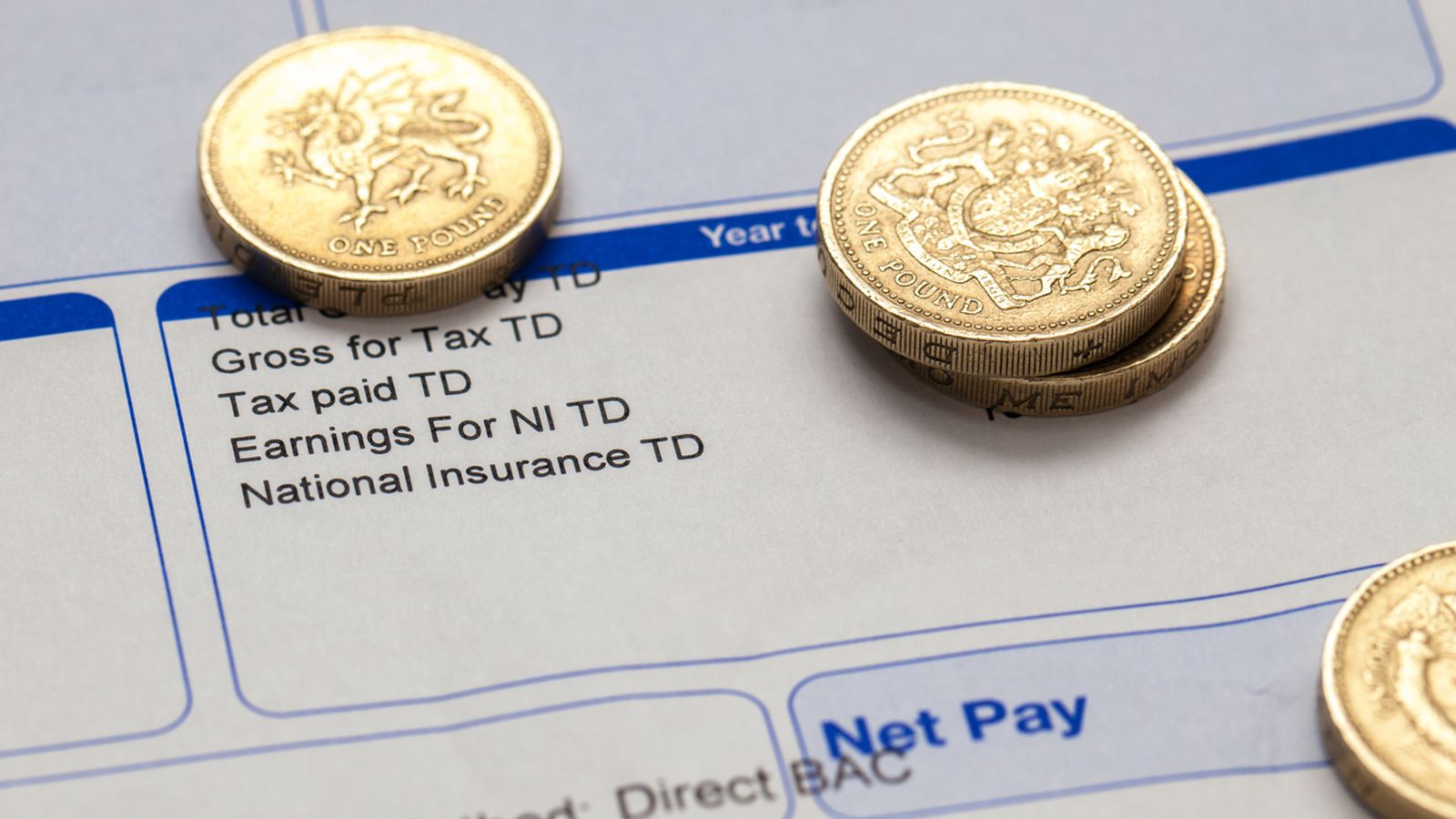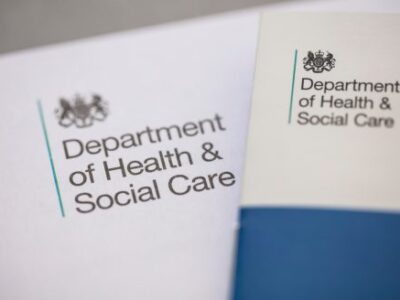Millions of workers will begin paying higher National Insurance contributions from today as part of a plan to raise billions for the NHS and social care. The 1.25 percentage point increase, first announced last autumn, is being introduced despite pressure for it to be put off given wider cost of living pressures – with energy, fuel and food bills all rising.
It means annual earnings above £9,880 will be liable for 13.25% NI contributions. Above a higher threshold of £50,270, the rate will be 3.25%. Employers also pay National Insurance – and that rate is going up by 1.25 percentage points too. Critics call it a tax on jobs and warn that it may result in companies having to raise prices or squeeze wages. An initial assessment by HM Revenue and Customs after the policy was announced calculated that 29 million workers would be worse off as a result of the measure.

Those will see the threshold for starting to pay NI rise from £9,880 to £12,570 from July. The Institute for Fiscal Studies (IFS) calculates that taking the rate hike and threshold increase together, will mean a fall in the National Insurance bill for those earning less than £35,000 for the 2022/23 tax year compared to the previous year.
Those earning more than £35,000 will pay more, the IFS calculates. The government says that its policy will mean £39bn being invested in health and social care over the next three years. It points to the need to tackle the NHS waiting list, which is above six million and is expected to rise further because of a backlog of patients who were reluctant to seek treatment during the pandemic. The new tax levy is also designed to help make social care more affordable. Lifetime care costs will be capped at £86,000 from October next year.
There will also be a change in the assessment of individual assets people have to be eligible for help with care costs. Currently, only those with assets of less than £23,250 receive help. This will go up to £100,000, also from October next year.
Prime Minister Boris Johnson said the levy was the “necessary, fair and responsible next step, providing our health and care system with the long term funding it needs as we recover from the pandemic”. Chancellor Rishi Sunak said: “This government will not shy away from the difficult decisions we need to take to fix our social care system and slash NHS waiting times.”
The Conservative 2019 election manifesto pledged “not to raise the rates of income tax, national insurance or VAT” but it has been argued that the promise was made before the pandemic. The Office for Budget Responsibility (OBR) now forecasts that the overall tax burden as a proportion of GDP will 2026/27 rise to its highest level since the late 1940s.
![]()





